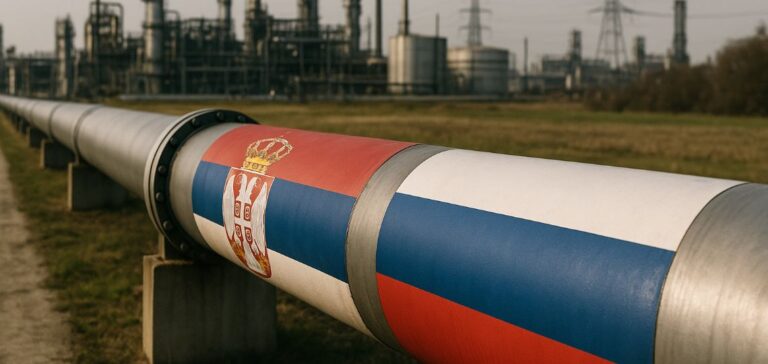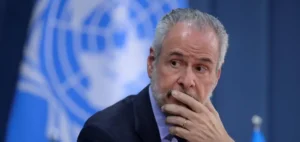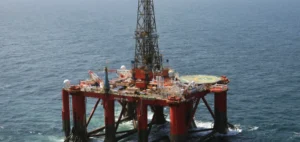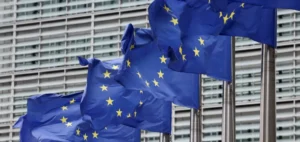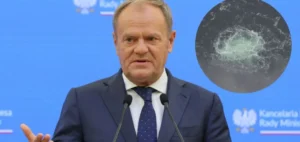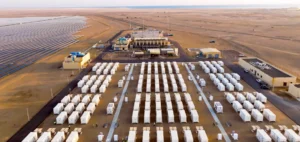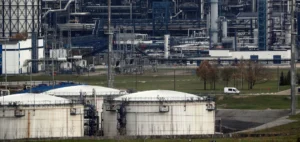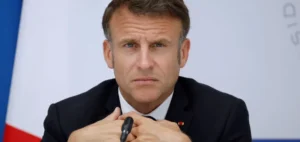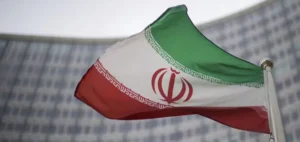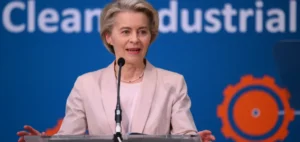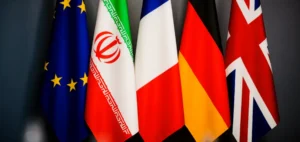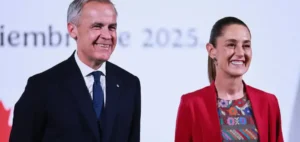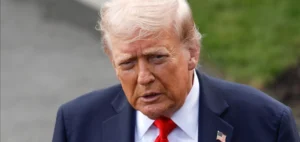The President of the Republic of Serbia, Aleksandar Vucic, stated that his government intends to renew its natural gas supply agreement with the Russian Federation under the same or even more favourable terms. This announcement followed his meeting with President Vladimir Putin in Moscow on May 9. The current contract, signed in May 2022, provides for the annual delivery of 2.2 billion cubic metres of gas via the TurkStream pipeline at a price fully indexed to oil.
Extension without changes if no new deal is signed
President Vucic added that if a new agreement is not concluded before the May 31 deadline, gas deliveries would continue under the existing terms. “I believe that, even if the May 31 date is exceeded, we will receive the same conditions as before,” Vucic said in an interview with state broadcaster RTS. Serbia remains highly dependent on Russian gas, transported via Bulgaria, and also serves as a transit country to Hungary.
President Putin stated that Russia would continue to ensure Serbia’s energy security. “The reliability of supply creates favourable conditions for economic activity in Serbia,” Putin said, highlighting that Gazprom meets its contractual obligations and remains ready to provide additional volumes.
A favourable pricing model during the energy crisis
The contract’s oil indexation mechanism allowed Serbia to purchase gas at a lower price compared to rates on European markets during the peak of the energy crisis. According to Platts, a division of S&P Global Commodity Insights, the Dutch TTF (Title Transfer Facility) month-ahead price reached a record of €319.98/MWh on August 26, 2022. As of May 9, the price stood at €34.55/MWh.
In parallel, Serbia signed an agreement in October 2024 for additional volumes of Russian gas to serve Russian companies operating domestically, with a purchase capacity of 2 million cubic metres per day and an option for 3 million more during peak periods.
Mid- to long-term stability target
Dusan Bajatovic, General Director of the national company Srbijagas, said in March that Serbia is targeting 2.5 billion cubic metres per year under a contract duration of three to ten years. He emphasised the importance of maintaining supply flexibility, particularly during high winter consumption periods.
Although Serbia maintains close energy ties with Moscow, it has expanded its gas import options. Since December 2023, a new interconnector with Bulgaria has enabled access to 1.8 billion cubic metres per year of gas from Azerbaijan or regasified liquefied natural gas via Greece and Turkey.
Evolving regulatory framework and diversification
Under an agreement signed in November 2023, Azerbaijan’s state-owned Socar (State Oil Company of the Azerbaijan Republic) agreed to supply Serbia with up to 400 million cubic metres of gas in 2024. According to Energy Minister Dubravka Dedovic Handanovic, this volume could triple from 2027.
Serbia’s regulatory environment, defined by the balance between energy security and supply diversification, remains a central concern in shaping its energy policy. The country is continuing bilateral negotiations while integrating new cross-border infrastructure into its gas network.


